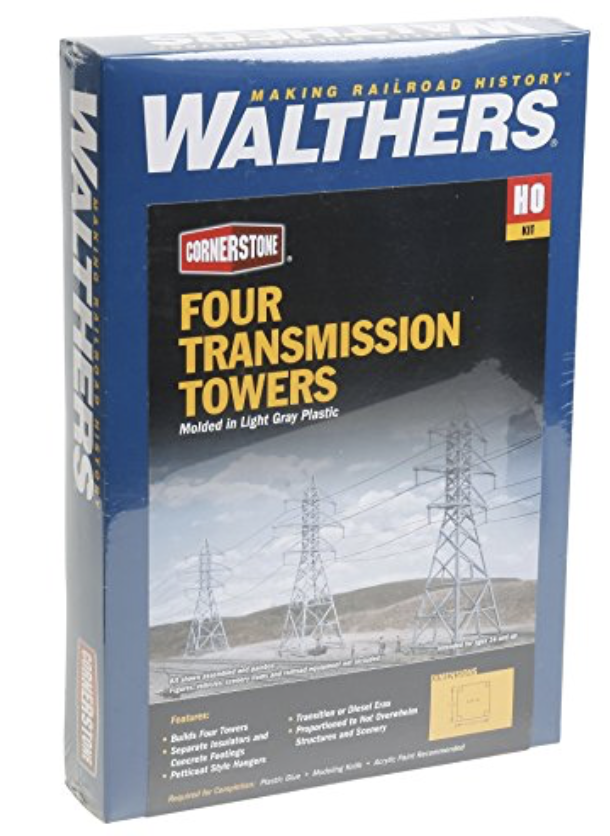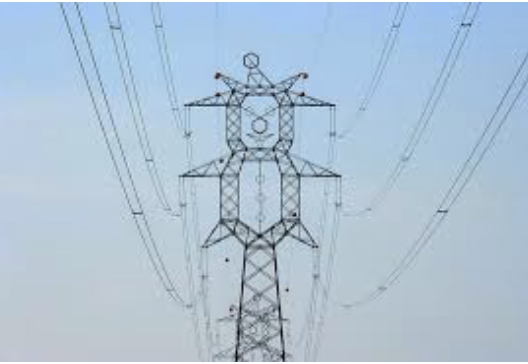The pretenders hold amusing webinars now and then and engage in political efforts to further their goals. One such webinar was reported in RTO Insider recently as a "celebration" of 20 years of regional transmission organizations. To make their "celebration" more authentic, they hired some former FERC Commissioners to make comments during the webinar. And we're all supposed to
Former Chair Jon Wellinghoff (2009-13) said Congress, which gave FERC authority to enforce mandatory reliability standards in 2005, should now give the commission the power to create a national transmission policy to move renewable power to load centers.
“I think it’s now time for the Congress to give FERC direction about our climate crisis and how the transmission system is going to address that,” Wellinghoff said...
Transmission siting and permitting is state jurisdictional. That is, only states may site and permit new electric transmission. FERC's current authority only covers transmission rates, and overseeing the regional transmission organizations who order new transmission. States still have the final say over whether new transmission may be built within their borders.
It's not like Welllinghoff didn't try to change that during his tenure, though he was ultimately unsuccessful. (Wow, deja vu... that blog written 9 years ago has striking relevance for today. I must be ahead of my time.) Congress has wisely preferred to leave that authority with the states.
And then former Commissioner Pat Wood piped up to make sure their scheme was clear,
Wood said he’d like to see Congress give FERC “backstop” transmission siting authority, which the commission could use as a “hammer to get people to the [negotiating] table” on interregional transmission needed to deliver renewable power.
"Do what we say or we'll beat you down with our hammer!"
In this scenario, if states don't knuckle under and site and permit new transmission, FERC would do it for them. What's the point of states having authority to site and permit if they are usurped by FERC?
This scheme failed the first time FERC tried it, using "backstop" authority granted in Sec. 1221 of the Energy Policy Act of 2005. A federal court ruled that backstop authority could not be used to overrule a state decision to deny a permit to new transmission within one year. The only use for "backstop" power would be if a state could not issue a permit within one year, or choose not to consider the matter. A state denial ends the application process and nullifies any "backstop" authority. The court said that if a state considered a permit under state law and denied the permit within one year, there was no "backstop" authority that could overrule a state. So, what makes these chuckleheads believe that they wouldn't get a similar result with new "backstop" authority? It looks like they just want to remove state authority altogether and allow the federal government to make decisions on transmission at a national level. If that happens, flyover states would be helpless ground zero for new transmission that does not benefit them in any way. Essentially, they would be doormats for the wants and needs of other states, who maybe don't want to look at energy infrastructure in their own neighborhood, but sacrifice other areas for their own use.
Of course, this is unlikely to happen. Even the moderator admitted as much.
Moderator Rob Gramlich:
But he acknowledged the “politics of this probably haven’t changed at the congressional level, so we’ve got to win their hearts.”
This isn't 2005. We're fully woke now and we're watching you...


 RSS Feed
RSS Feed